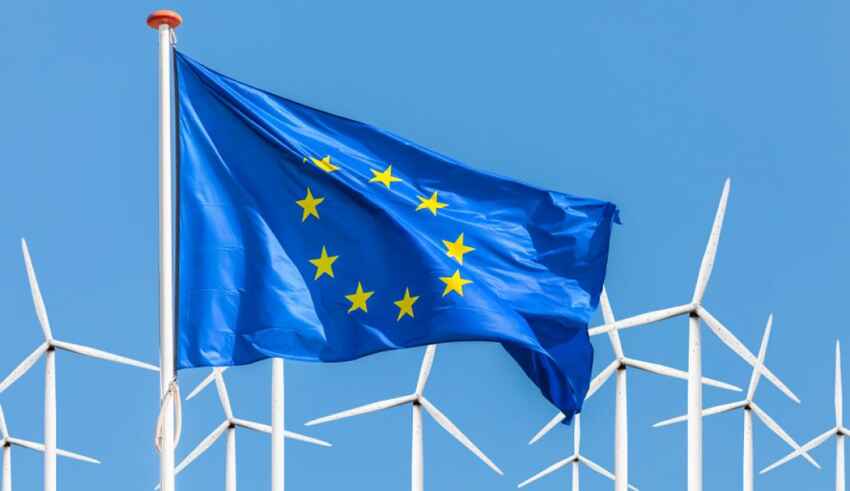
A Europe already battered by the pandemic has seen the emergence this winter of a weakness that is not new, but whose side effects have grown exponentially: its dependence on energy imports. The commitment to the ecological transition has forced the region, once addicted to coal, to migrate to other sources of energy. With insufficient green energy infrastructure for self-sufficiency, the Old Continent is entering uncharted territory. Moreover, the winds of war in Ukraine bring with them a shortage of gas, a key raw material in its energy system, whose tap is being opened by Moscow (Peralta and Lopez Escalante, 2022).
The current geopolitical and economic context is unsettling, so the Old Continent must carefully balance its strategic objectives of security, supply, climate protection and competitiveness. In this regard, accessibility to raw material and energy imports is crucial. Without it, Europeans risk losing both social peace and economic growth. In this regard, Europe has reduced electricity production based on solid hydrocarbons by 42.7% compared to the average of the previous two decades. As a result, it has been left at the mercy of renewable (climate-dependent) generation and, in particular, “transition energies” such as gas: a market dominated by opportunistic players such as Russia and where tough competitors such as China and India are emerging. This raises a fundamental question for the future of the continent: Will Europe be able to achieve energy sovereignty? (Detsch, 2023).
Leading the crusade against dependence, the President of the European Commission, Ursula Von der Leyen, insisted on the urgency for Europe to achieve energy sovereignty through the ecological transition. An objective that will not only contribute to curbing climate change but will also increase the bloc’s energy resilience (Matarán, 2022).
In the future, Europe will face a difficult balancing act. On the one hand, promoting its own ideals and, on the other, ensuring that other parts of the world meet high social and ecological standards. In the current geostrategic race, this is equally crucial. However, we must avoid appearing to be giving advice to other nations. For to do so immediately gives the impression that we are neo-imperialists and incites hostility toward us (Detsch, 2023).
The interests of local communities often differ from those of national governments. In this regard, communities are concerned about the negative impacts of resource extraction on health and livelihoods, while governments are more concerned about the positive impacts on national budgets and foreign exchange. The EU must find its own way in this field of tension, without losing sight of the bigger picture. On the one hand, some local stakeholders demand compliance with high environmental standards. On the other hand, the governments with whom we negotiate international trade often reject such demands as unwanted intervention. Moreover, these standards in the Global South are often reputed to be a form of disguised protectionism when demanded by trading partners. Meeting their own standards right out of the gate is not a given. Balancing these tensions will therefore be a considerable challenge for Europe in the coming years and it is vitally important to listen carefully and understand the interests of the other parties (Detsch, 2023).
Finally, it is important to seek and promise new partnerships in the energy sector. Europe must fulfil and serve not only its own interests, but also those of its trading partners. This calls for an open exchange with them, commensurate with the circumstances.
References
Detsch, C. (2023). Wanted: Europe’s energy sovereignity. EURACTIV Newspaper. Retrieved from: https://www.euractiv.com/section/energy-environment/opinion/wanted-europes-energy-sovereignty/
Fundación Alternativas (2022). Soberania energética europea. Retrieved from: https://fundacionalternativas.org/actividades/soberania-energetica-europea/
Matarán, A. (2022). Europa, ante la crisis energética soberanía frente al colonialismo energético. ElDiario. Retrieved from: https://www.eldiario.es/ultima-llamada/europa-crisis-energetica-soberania-frente-colonialismo-energetico_132_9087399.html
Peralta, L.A. and Lopez Escalante, G (2022). La batalla europea por la soberanía energética. Cincodias. Retrieved from: https://cincodias.elpais.com/cincodias/2022/02/08/companias/1644275286_641904.html
By The European Institute for International Law and International Relations.















